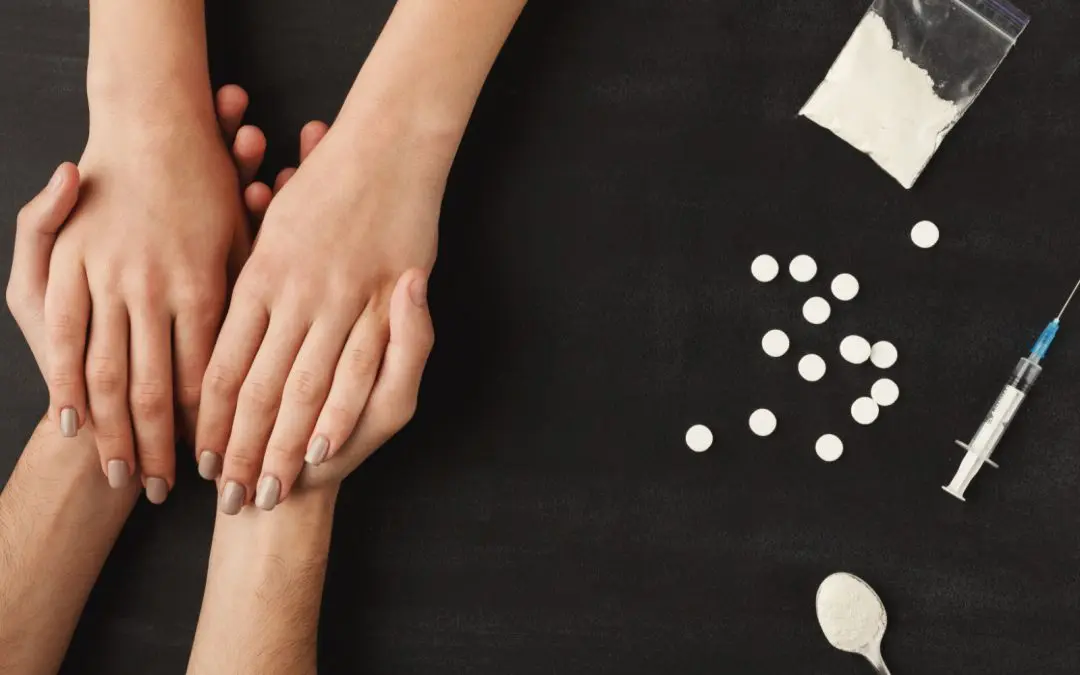24/7 Helpline:
(866) 899-221924/7 Helpline:
(866) 899-2219
Learn more about Klonopin Detox centers in Cumberland County

Other Insurance Options

AllWell

Multiplan

Carleon

Regence

GEHA

Medical Mutual of Ohio

Sutter

UnitedHealth Group

Magellan

Access to Recovery (ATR) Voucher

EmblemHealth

Kaiser Permanente

Ambetter

ComPsych

American Behavioral

Health Net

Optima

United Health Care

BlueShield

Excellus

Pathways
Pathways has proudly served as a community-based center for mental health care, the prevention and t...





























































